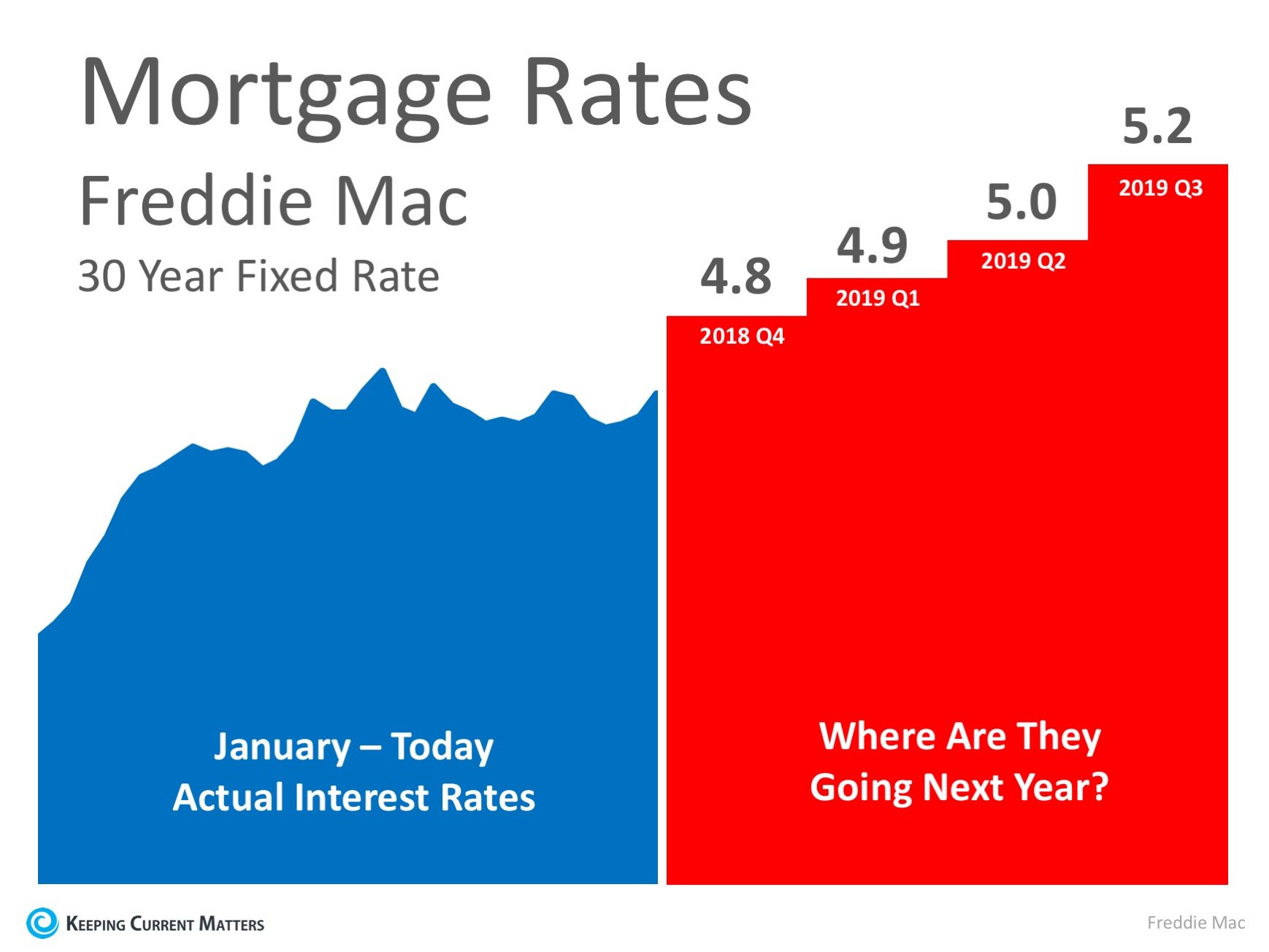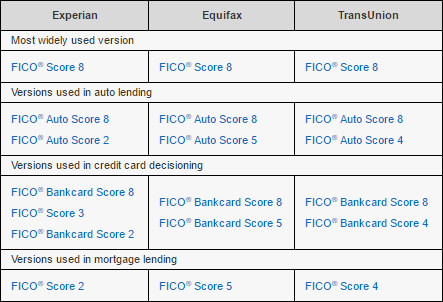Table of ContentsRumored Buzz on What Do Mortgages Lenders Look At6 Simple Techniques For What Are Reverse MortgagesFascination About What Is The Interest Rate On Reverse Mortgages
The mortgage, itself, is a https://blogfreely.net/repriafj7c/b-table-of-contents-b-a-rlwk lien (a legal claim) on the home or residential or commercial property that protects the guarantee to pay the debt. This is what makes home loans a safe and secure kind of financial obligation. Given that the loan is secured, effectively utilizing the house as security, this means that if you fall behind in your payments or fail to pay the loan back, the lender can reclaim the house through foreclosure.

The principal is the initial amount obtained from the lending institution - which type of interest is calculated on home mortgages. When you protect a home mortgage, the lending institution will appoint a rates of interest based on the type of home loan you pick and your credit report. This rate determines how quick interest develops on your home loan. The loan-to-value ratio is the amount of money you borrow compared to the cost or evaluated worth of the home you are purchasing.
For example, with a 95% LTV loan on a home priced at $50,000, you could obtain up to $47,500 (95% of $50,000), so you would need to offer $2,500 as a down payment. The LTV ratio shows the amount of equity debtors have in their homes. The greater the LTV ratio, the less money homebuyers are required to pay out of their own funds.
The largest difference in home loan lending has to do with the interest used to the loan. Considering that you'll pay hundreds of countless dollars in interest over the life of even an average home mortgage, it's vital to get the rates of interest that's right for your financial circumstance. The best interest rate can assist you save cash over the life of the loan and avoid monetary distress.
Your real estate expenses are unaffected by market conditions. Adjustable Rate Mortgages (ARMs) Rates of interest changes on a regular schedule (normally every 1, 7, or 10 years) 30 yearsYou can certify with lower credit. When rate of interest are low, you will pay less money. Nevertheless, if rate of interest go up, you will be required to pay more cash.
Balloon MortgageLow rate of interest over an introductory period5 years, 7 years, or 10 yearsYou have low payments (sometimes, interest only) for a set duration, then the complete balance is due or the loan needs to be re-financed. For the most part a fixed rate home loan is usually the better choice, since you know precisely what you will require to pay each month, there won't be any surprises down the roadway, and you aren't at the grace of market conditions.

If the rate is high when your rates of interest changes, your payments will increase. An ARM may make sense if you are positive that your earnings will increase gradually over the years or if you expect a move in the near future and aren't concerned about potential boosts in rate of interest.
See This Report about How Many Mortgages Can You Have At Once
The "term" of your home loan identifies how quick you pay off the loan with interest included. So, if you have a 30-year fixed rate mortgage, it will take thirty years to pay off your loan. If you have a 15-year loan, you will own your house in half the time it takes on the 30-year mortgage.
If you have a 30-year fixed rate home loan, for the very first 23 years of the loan, more interest will be paid off than principal; this suggests bigger tax deductions for those 23 years. In addition, mortgage payments will take up a lower portion of your earnings throughout the years, since as inflation increases your costs of living, your home loan payments remain continuous.
In addition, equity is built faster because early payments pay off more of the principal. There are home mortgage alternatives now offered that only require a down payment of 5% or less of the purchase rate. Nevertheless, the bigger the deposit, the less money you have to obtain and the more equity you'll have.
When considering the size of your deposit, consider that you'll also need cash for closing costs, moving expenses, and any repair or restoration costs. An escrow account is developed by your lender to reserve a part of your month-to-month home mortgage payment to cover annual charges for homeowner's insurance, mortgage insurance (if applicable) and home taxes.
Escrow accounts are a good concept because they guarantee cash will always be offered for these payments. If you utilize an escrow account to pay home tax or property owner's insurance coverage, make certain you are not penalized for late payments, because it is the lending institution's duty to make those payments. Down payments can be a huge hurdle to house ownership.
These programs can assist you pay as little as 3% down as a novice house purchaser. HUD and the FHA have support programs, and so do individual states. Required to look for down payment assistance programs in the area you are seeking to acquire a brand-new house? We advise DownPaymentResource.com.
Speak to a HUD-certified housing counselor today to set a course so you can become mortgage-ready. Your month-to-month home mortgage payment mainly pays off the principal and interest. Nevertheless, many lending institutions likewise consist of regional property tax, house owner's insurance and mortgage insurance (if appropriate). This is why monthly home mortgage payments are in some cases referred to wilson financial group as PITI (principal + interest + taxes + insurance). The amount of your deposit, the size of the home loan, the interest rate, and the length of the repayment term and payment schedule will all affect the size of your mortgage payment.
The Main Principles Of What Are Current Interest Rates For Mortgages
Interest rates can change as you shop for a loan, so ask lending institutions if they provide a rate "lock-in" that will ensure a particular interest rate for a certain duration of time; this enables you to buy home loans successfully. Keep in mind that a lender should reveal the Yearly Percentage Rate (APR) of a loan to you.
It is generally greater than the rate of interest due to the fact that it likewise includes the expense of points, mortgage insurance, and other fees consisted of in the loan. If you have a fixed-rate home loan and rate of interest drop substantially, you may wish to think about refinancing. A lot of professionals concur that if you prepare to be in your house for a minimum of 18 months and you can get a rate of 2% less than your present rate, refinancing is a wise alternative.
Discount points enable you to decrease your rates of interest this is what people suggest when they state they paid points off their home mortgage. These points are basically prepaid interest, with each point equating to 1% of the overall loan quantity. Typically, for each point paid on a 30-year mortgage, the interest rate is lowered by 1/8 (or.
So if you have a $200,000 mortgage at 4.5% interest, then you could reduce your rates of interest to 4.375% by paying $2,000. When shopping for loans ask lenders for a rate of interest with 0 points and after that see just how much the rate reduces with each point paid. Discount rate points are smart if you plan to remain in a home for a long time because they can decrease your regular monthly loan payment.
You can settle your home loan much faster by making extra payments every month or each year beyond your monthly payment requirement. This speeds up the process of paying off the loan. When you send out additional money, make certain to show that the excess payment is to be applied to the principal.